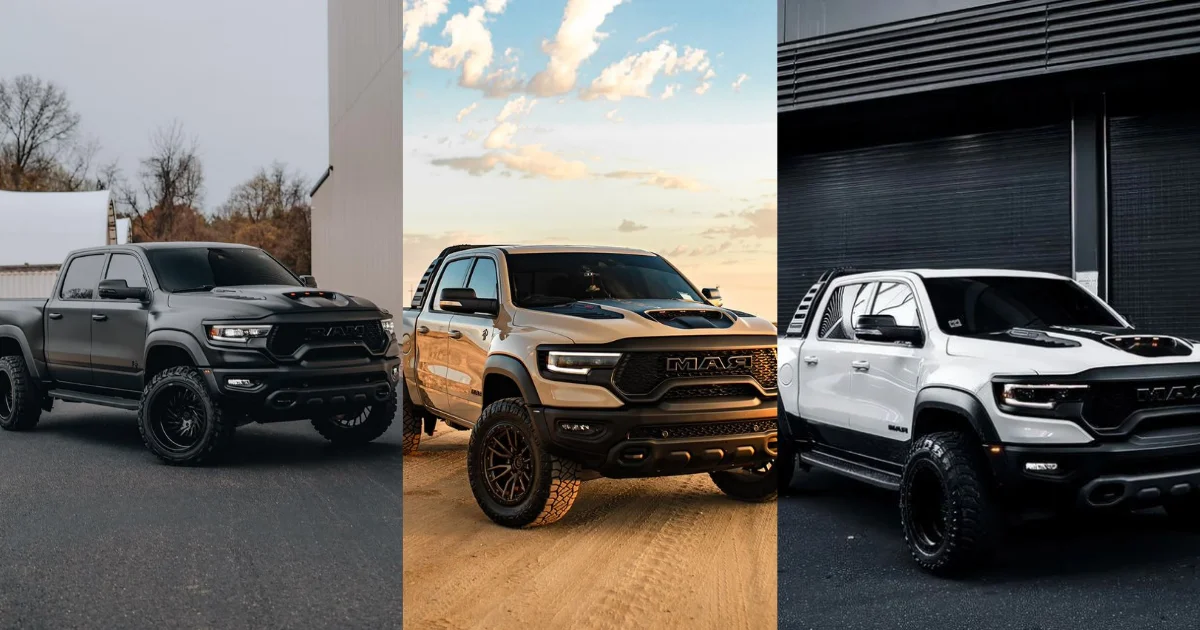Channel your inner Vogue and Confidence!

When it comes to buying a car especially a reliable brand like Ford, understanding depreciation is essential for making a sound financial decision. Whether you’re planning to buy a new or used vehicle or looking to sell your current car, knowing how quickly your vehicle loses value can save you money in the long run. Depreciation refers to the reduction in a car’s value over time due to factors like age, mileage, wear and tear and changing market demands. For Pennsylvania residents, this subject holds particular importance given the region’s seasonal weather conditions and unique driving patterns. If you’re shopping for a new vehicle, Pennsylvania Ford dealers offer a wide range of options that will eventually be affected by depreciation. In this article, we’ll explore Ford car depreciation rates in Pennsylvania and what factors influence these rates more than others.
Vehicle depreciation is the decline in a car’s value from the time it is purchased to the time it is sold or traded in. On average, a new car loses around 20% of its value in the first year and about 60% after five years. This means if you buy a new Ford for $30,000, its value could drop to $24,000 within the first year and around $12,000 after five years. While this is a general rule of thumb, the rate of depreciation varies from one brand and model to another, and even location specific elements like Pennsylvania’s climate and road conditions can play a part.
Several factors contribute to the depreciation rate of Ford vehicles in Pennsylvania. Here are some of the most significant ones:
Ford F-150
As one of America’s best-selling trucks, the Ford F-150 has strong resale value, especially in Pennsylvania where trucks are popular for both personal and work-related uses. On average, the F-150 loses about 40–45% of its value over five years, which is better than many full-size trucks in the same class. Proper maintenance and lower mileage can reduce this depreciation rate even further.
Ford Escape
The Ford Escape is a compact SUV that appeals to families and commuters alike. It tends to depreciate around 50–55% over five years. However, all-wheel drive versions and higher trims may retain value better, especially in Pennsylvania where AWD is favored for snowy conditions.
Ford Explorer
The Explorer is a midsize SUV often chosen for its spacious interior and strong performance. It typically depreciates around 48–53% in five years. In Pennsylvania, its popularity for family and outdoor use slightly slows down its depreciation compared to national averages.
Ford Fusion
Though discontinued after the 2020 model year, the Ford Fusion remains a popular sedan in the used car market. Depreciation for the Fusion can reach 55–60% over five years, slightly higher than SUVs and trucks. Its availability and low maintenance costs can help it retain value in urban Pennsylvania markets.
Ford Mustang
The iconic Mustang depreciates at a slower rate compared to many sports cars, averaging around 40–50% over five years. In Pennsylvania, the Mustang has a dedicated fan base, which helps keep resale values stronger, especially for well-maintained or limited-edition models.
Buying a brand-new Ford results in immediate depreciation the moment it leaves the dealership lot. On average, a new Ford will lose around 20–25% of its value within the first year. In contrast, a used Ford that’s about 2–3 years old has already undergone the steepest part of its depreciation curve. This means that buying used can offer better value, especially in Pennsylvania where well-maintained used Fords are widely available through certified programs.
Pennsylvania Ford dealers often carry certified pre-owned (CPO) Ford vehicles that have undergone detailed inspections. These CPO vehicles can be a smart buy, offering some of the latest features at a reduced depreciation cost compared to new models.
Compared to other manufacturers, Ford vehicles tend to have competitive depreciation rates, especially in the truck and SUV segments. Ford trucks like the F-150 generally hold value better than similar offerings from brands like RAM or Chevrolet. Ford SUVs also compare favorably against Honda and Toyota in terms of initial pricing and resale potential in Pennsylvania, particularly in rural and suburban regions.
However, sedans like the Ford Fusion may depreciate faster than some Toyota or Honda counterparts due to shifting consumer preferences toward SUVs and crossovers. Still, the availability of affordable parts and widespread dealership networks in Pennsylvania helps Ford retain a strong position in the used car market.
Pennsylvania has a robust used car market, which plays a key role in shaping Ford depreciation trends. High demand for used trucks and SUVs in rural counties and areas affected by winter weather helps boost resale values. Additionally, Pennsylvania Ford dealers often offer trade-in deals and seasonal promotions that affect how quickly cars depreciate after resale.
The presence of emissions and safety inspections required by the state can also influence depreciation. The value of cars that require costly repairs or fail inspections may decline more rapidly. Maintaining your Ford’s condition helps you keep more of its resale value by ensuring that it passes these examinations.
Understanding Ford car depreciation rates in Pennsylvania is very important for making smart buying, selling or leasing decisions. Depreciation varies by model, use, and environmental conditions, but certain trends are clear. Trucks like the F-150 and SUVs like the Escape and Explorer hold their value relatively well due to high demand and utility across the state. Meanwhile, sedans like the Fusion depreciate faster but remain viable for budget-conscious buyers. Making educated decisions and collaborating with trustworthy Pennsylvania Ford dealers can help you minimize depreciation losses while selecting cars that fit your needs and budget. Understanding depreciation patterns guarantees you’re getting the most out of your investment whether you’re purchasing new or used.